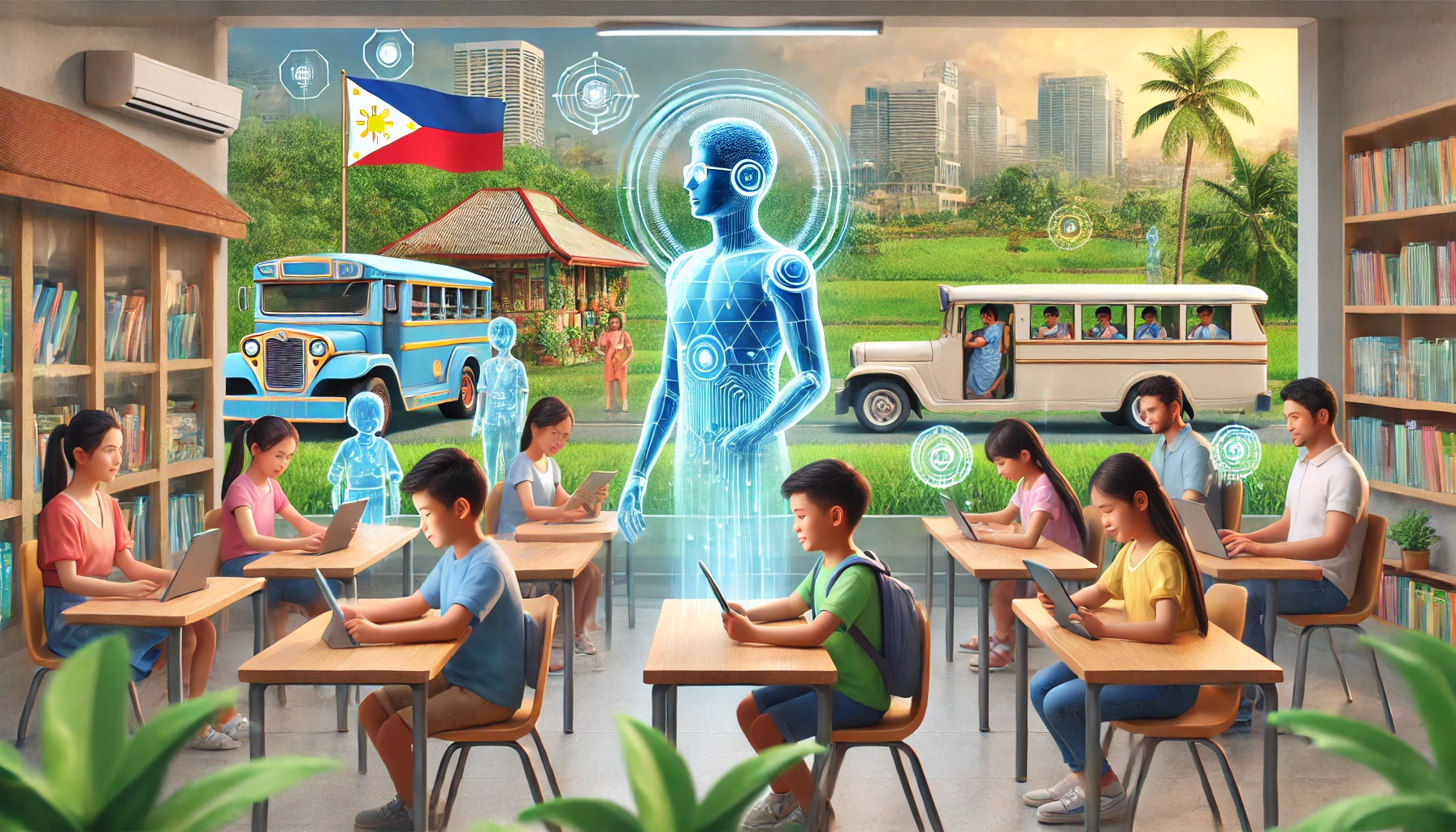The rise of Artificial General Intelligence (AGI) has sparked global interest, with industries and professionals exploring how this transformative technology can enhance productivity and profitability. For translators in the Philippines, AGI presents an unprecedented opportunity to expand services, increase income, and streamline workflows. This article delves into how Filipino translators can harness AGI to maximize profits in a rapidly evolving landscape.
1. Leveraging AGI for Efficiency and Scalability
AGI-powered tools offer unparalleled speed and accuracy in language processing. Translators can use these tools to:
- Enhance Translation Speed: AGI can process large volumes of text quickly, enabling translators to handle more projects simultaneously. This efficiency translates to increased earnings.
- Quality Assurance: AGI can assist in proofreading and ensuring consistency, reducing errors and improving client satisfaction.
- Multilingual Capabilities: AGI enables translators to diversify their language offerings without needing fluency in every language, broadening their market reach.
2. Expanding into Specialized Services
AGI’s ability to understand and generate nuanced content allows translators to explore specialized markets such as:
- Technical Translation: AGI can aid in understanding complex technical documents, allowing translators to tackle high-paying projects in fields like engineering, law, and medicine.
- Localization Services: Translators can collaborate with AGI to adapt content culturally and linguistically, a critical service for global businesses entering the Philippine market.
- Creative Translation: With AGI, translators can refine their skills in transcreation—adapting creative content like marketing campaigns or literary works while preserving their original essence.
3. Offering Value-Added Services
Filipino translators can integrate AGI into their offerings to provide value-added services such as:
- Real-Time Translation: By leveraging AGI-powered real-time translation tools, translators can assist clients during live events, conferences, or online meetings.
- Content Creation: AGI can help translators expand into writing original content in multiple languages, opening new revenue streams.
- AI Training and Customization: Translators can work with clients to train AGI systems for specific industry needs, ensuring higher accuracy and relevance.
4. Partnering with Businesses
Businesses in the Philippines are increasingly adopting AGI for customer service, marketing, and operations. Translators can profit by:
- Collaborating with Local Businesses: Offer tailored translation and localization services to small and medium-sized enterprises (SMEs) entering global markets.
- Working with Tech Companies: Assist AI developers in training AGI systems for the unique linguistic and cultural nuances of Philippine languages.
- Educational Partnerships: Provide language expertise for developing educational tools powered by AGI, catering to the multilingual population in the Philippines.
5. Upskilling to Stay Competitive
To maximize the benefits of AGI, Filipino translators must upskill and adapt to the changing demands of the industry:
- Learn to Use AGI Tools: Familiarity with platforms like ChatGPT, Bard, or similar AGI models can give translators a competitive edge.
- Stay Updated on AI Trends: Understanding the latest developments in AGI ensures translators can offer cutting-edge solutions.
- Develop Niche Expertise: Combining translation skills with knowledge in specific industries (e.g., tech, law, or finance) can make translators indispensable to clients.
6. Building a Global Presence
AGI enables translators to connect with clients worldwide, transcending geographical boundaries. Filipino translators can use online platforms like Upwork, Fiverr, or specialized translation marketplaces to:
- Expand Client Base: Reach clients in need of high-quality, affordable translation services across the globe.
- Establish a Brand: Create a niche by offering unique services, such as Filipino dialect translations or culturally-sensitive localization.
7. Challenges and Ethical Considerations
While AGI offers significant benefits, translators must address potential challenges:
- Maintaining Human Touch: AGI is not infallible and may lack cultural sensitivity or creativity. Translators must ensure a balance between automation and human insight.
- Ethical Concerns: Ensure transparency with clients about the use of AGI and address concerns about data privacy and intellectual property.
Conclusion
The advent of AGI is a game-changer for translators in the Philippines. By embracing this technology, they can increase efficiency, diversify services, and access global markets. However, success will depend on a proactive approach to learning, adapting, and integrating AGI into their workflows. Filipino translators who rise to the challenge stand to gain not only higher profits but also a competitive edge in a dynamic and exciting industry.
Would you like insights on tools, platforms, or training resources specific to AGI and translation?
[SEO optimized]


